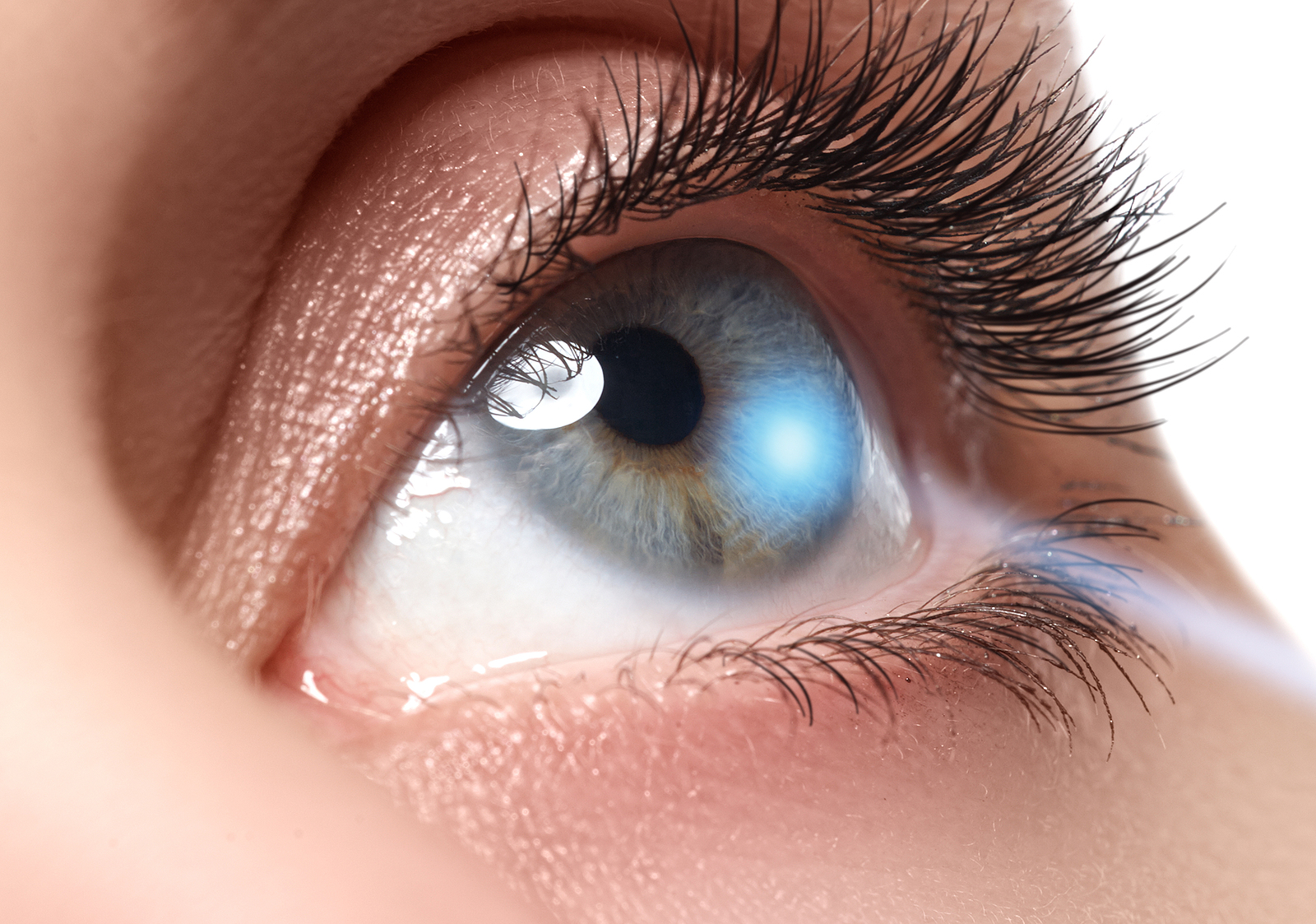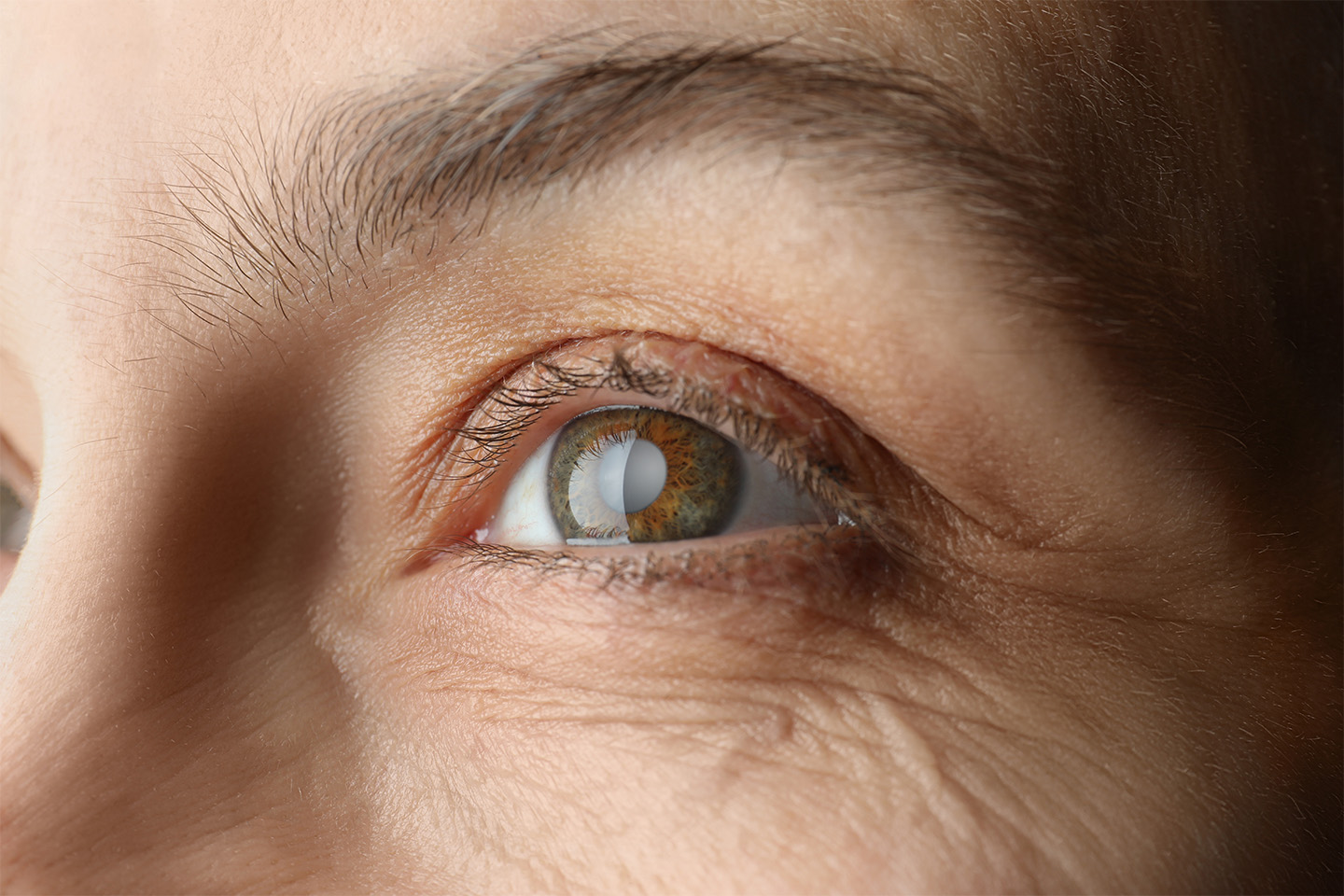10 Most Common Questions About PRK

PRK and LASIK procedures each provide vision correction options for many patients who want to give up their eyeglasses and contact lenses. If you’ve heard that LASIK might not be for you because of certain eye conditions including dry eyes or thin corneas, PRK laser surgery may be a good alternative.
1. What is the PRK procedure?
PRK, photo-refractive keratectomy, is one of several laser vision correction procedures that allow many patients to enjoy life without corrective lenses. The correction made to the eye, performed in about ten minutes with local numbing, is accomplished by removing the outer layer of tissue covering the cornea, and reshaping the cornea itself. After a period of postoperative care and recovery, about 95 percent of PRK patients can see without corrective lenses.
2. Is PRK better than LASIK?
PRK is a good choice for more patients than LASIK, but recovery from PRK does take longer. Patients who choose either procedure enjoy excellent results and long-term vision correction.
3. Is PRK permanent?
Like LASIK, PRK is a permanent adjustment to the eye’s optics. Over time, aging introduces changes in your vision that can be addressed by repeat surgery.
4. How long does it take to recover from PRK?
Recovery from PRK takes longer than LASIK, which can take less than a week. PRK recovery is usually a minimum of one to three months. Full vision stabilization can take as much as six months to a year. During the stabilization time, your eye doctor can provide correction options like glasses to help with driving and other visually demanding tasks.
5. Why is vision blurry after PRK?
Your surgeon uses a laser to remove the epithelium covering the cornea of your eye as part of the PRK procedure. The epithelial tissue regenerates over several days following your procedure. Your eyes may feel scratchy and sensitive during that time, and your vision will be blurry. After this healing period, the blurriness will gradually improve over time, depending on the degree of correction and your body’s healing speed. You may need glasses for night driving and some other activities for up to six months.
6. How long is PRK recovery?
For driving, except at night, PRK patients can get typically get behind the wheel after about one to two weeks. They will experience visual fluctuations and issues for three to six months beyond that. For watching TV, using a computer, or reading and using a smartphone, allow a week or two. It’s important to rest and allow your eyes to recover for the first week, with little or no vision-intensive tasks.
7. Can I get PRK twice?
As your vision changes over time due to aging, you may find that you’d like to have additional PRK correction, and you can do that. At some point you may need reading glasses as well, though.
8. Which lasts longer PRK or LASIK?
Both PRK and LASIK are permanent procedures, and patients in their 20s and 30s can enjoy the results for decades. After about 40, changes in vision may require some corrective lens use or a repeat procedure to get the best vision quality.
9. Is PRK better for dry eyes?
Yes, PRK is considered better for patients with chronically dry eyes. In fact, LASIK is usually not recommended for people with severe chronic dry eye.
10. How long does it take to see 20/20 after PRK?
It can take up to a year for full recovery from PRK and stabilization of vision. Your doctor will help you get the best vision during the recovery period, possibly with glasses for activities such as night driving until your vision reaches the desired outcome. In some cases, your doctor will evaluate your eyes for any issues and for proper correction before you resume jobs such as commercial airline pilot or even military pilot, but many PRK patients can qualify for the vision requirements of these demanding jobs.
Kleiman Evangelista is Your Top Choice For Laser Eye Surgery with Exceptional Care
If you’d like to live glasses and contacts free, consult our outstanding doctors. They provide LASIK eye surgery in Dallas as well as alternatives to LASIK surgery such as PRK. Whether you are a perfect candidate for LASIK or have some issues that require special care and PRK, our team can make sure you get the best surgery experience and careful postoperative care. Give us a call and let us answer your questions or book an appointment.
[DISPLAY_ULTIMATE_SOCIAL_ICONS]








